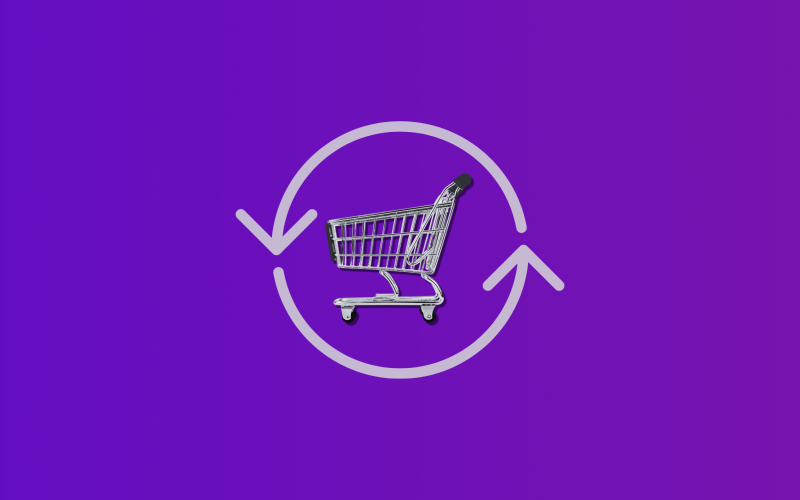With AI surging and governments around the world playing Whack-A-Mole with privacy legislation, data analysis is clearly the biggest game in town when it comes to anything in the online world. Many people think that money is what makes the world go around, and while that’s true in the real world, in the digital world, it’s data that is the primary commodity.
From grandma’s morning news preferences to European teen shopping habits, analyzing all that data–and more importantly, using it effectively–is the key to profits in an ever-increasing online marketplace. Let’s examine the current trends in data analysis and see what business insights essentials we can gather for this sector undergoing explosive growth.
How Is This Data Gathered?
Almost everyone has heard of cookies–these are packets of info that websites store on your computer to track your usage on not just the website that gave you the cookie, as well as your usage on many other websites.
It’s not just cookies that track you, either–it’s most of the apps you download. These apps can track who your friends are, what other apps you have installed, how often you check Facebook, and even when you sleep. Apps often track this information and then sell it to advertising companies.
What Is Data Analysis?
The goal is to take all of this information learned from your app and website usage and sift through it, looking for insights about your habits, hobbies, and interests. Today, extremely advanced AI assists nearly all data analysis that can sort through millions of lines of user data to pick out patterns that humans could never see. With the proper data analysis, it is possible to get extremely specific, because a company advertising online only pays “per eyeball”–meaning that they only pay an advertising fee when a person looks at their ad.
What Does the Future Hold for Data Analysis?
Every week, we read about more privacy legislation being passed to limit the tracking of consumers–even companies such as Apple are offering their iPhone users the option to completely opt out of tracking. What this means is that digital advertising is going to get more expensive. Those insights that were essential to business are reduced because of limited tracking, meaning they’ll have to cast wider nets to get more eyeballs, equal to more dollars spent on advertising by companies.
Rest assured that AI companies are striving to make the best analytics tools for e-commerce in order to circumvent these new pieces of legislation to find new ways to track consumers and continue the practice of data-as-currency in the online world of e-commerce and advertising.






